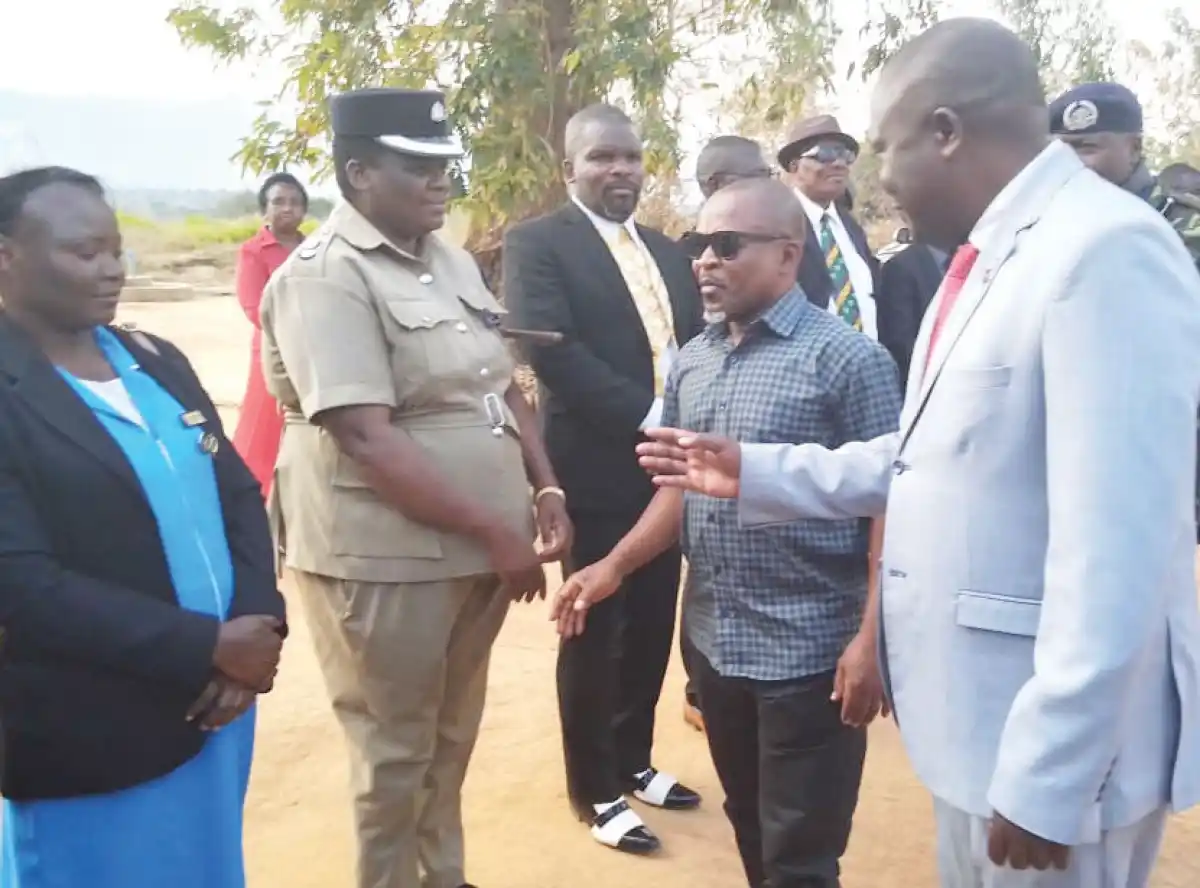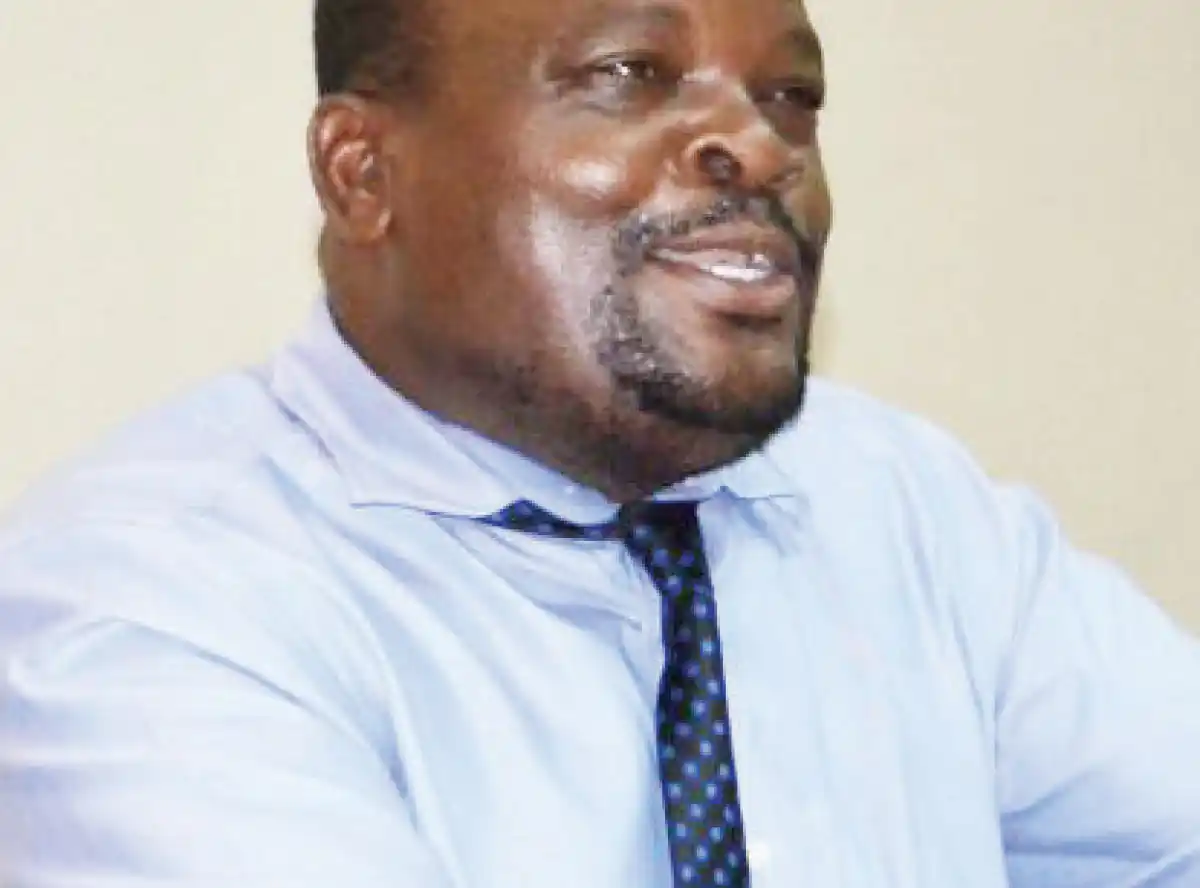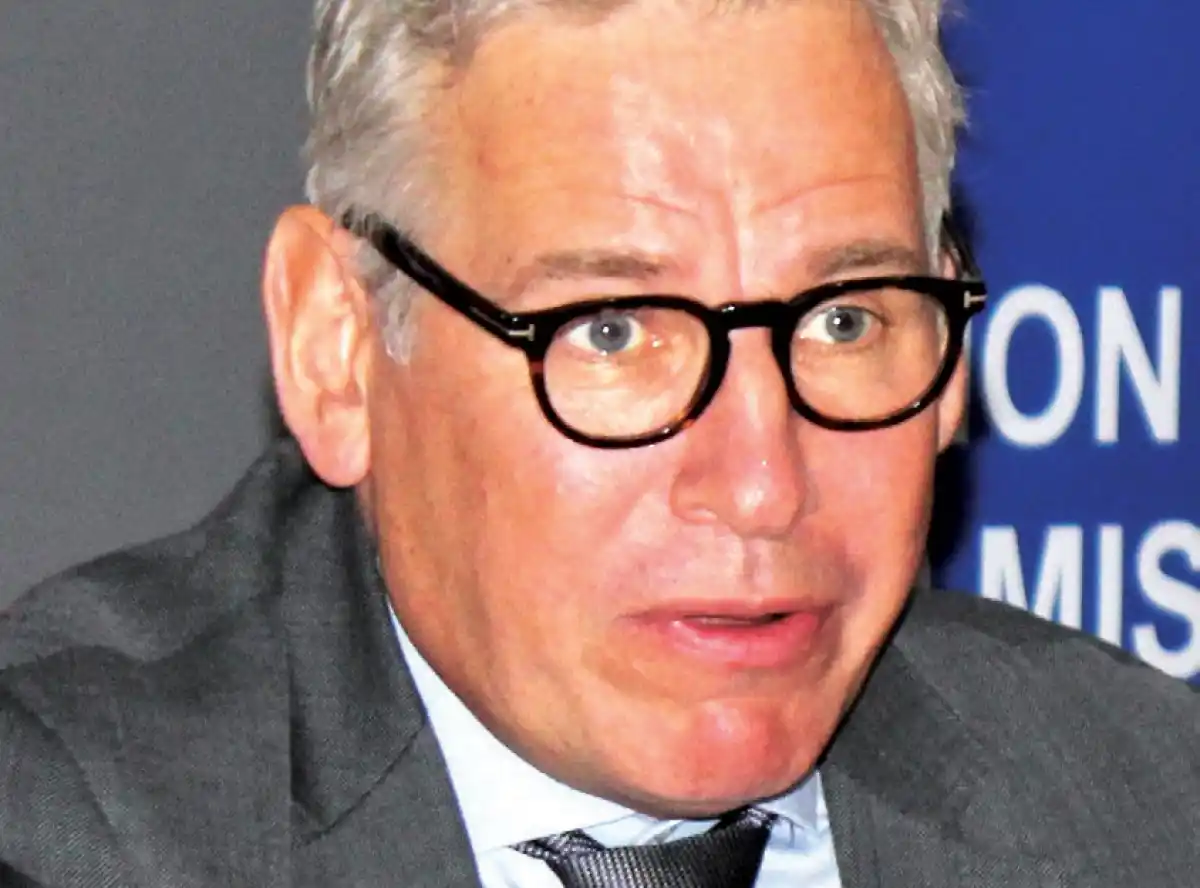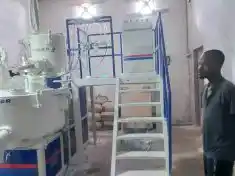
Vice President Michael Usi has said health surveillance assistants (HSAs) are critical in the fight against diseases at primary level.
Usi made the remarks yesterday after visiting a private health facility, Nthenje Health Centre in Chinyolo, Rumphi District.
He compared the HSAs to a biblical character who provided fish and bread to Jesus Christ to feed 5,000 people—a crucial role, yet the individual remained unnamed.
The vice president said HSAs act as a barricade against diseases at the village level before they reach hospitals.
“HSAs are often the frontline workers in rural and underserved areas where access to healthcare facilities is limited.
“They provide essential healthcare services, including immunisations, maternal and child healthcare and the management of common illnesses, ensuring that basic healthcare reaches even the most remote populations,” he said.
Usi also urged the hospital management to properly maintain their limited equipment, saying items such as beds and mattresses were not being taken care of.
Commenting on the state of the hospital, which was established in the 1950s, the officer in charge of Nthenje Health Centre, Kingsley Phaliyawo, said the facility was initially under the Christian Health Association of Malawi but eventually transitioned to a private facility.
He said due to the shift, some services, including maternity care, have been reduced.
Phaliyawo added that the hospital uses solar power, which lasts only between five and seven hours a day.
“This means that in some cases, we are unable to provide certain services, not because we do not want to, but because we lack power.
“We have water provided by a donor, but it is not sufficient to cater to the hospital’s needs. The facility itself has many issues; most of the equipment is outdated and we need a modern upgrade,” he said.
Rumphi District Commissioner Emmanuel Bulukutu acknowledged the challenges but said the council is ready to support the facility.
“We have been trying to have this hospital electrified. I submitted a special request for electricity under the Malawi Rural Electrification Project but we have not been successful. I believe that with your visit, things will change,” he said.
The hospital serves a catchment area of 7,300 people, including 1,500 women of childbearing age.
On his way to Rumphi, Usi interacted with vendors at Mzuzu Flea Market and Ekwendeni Trading Centre.








0 Comments